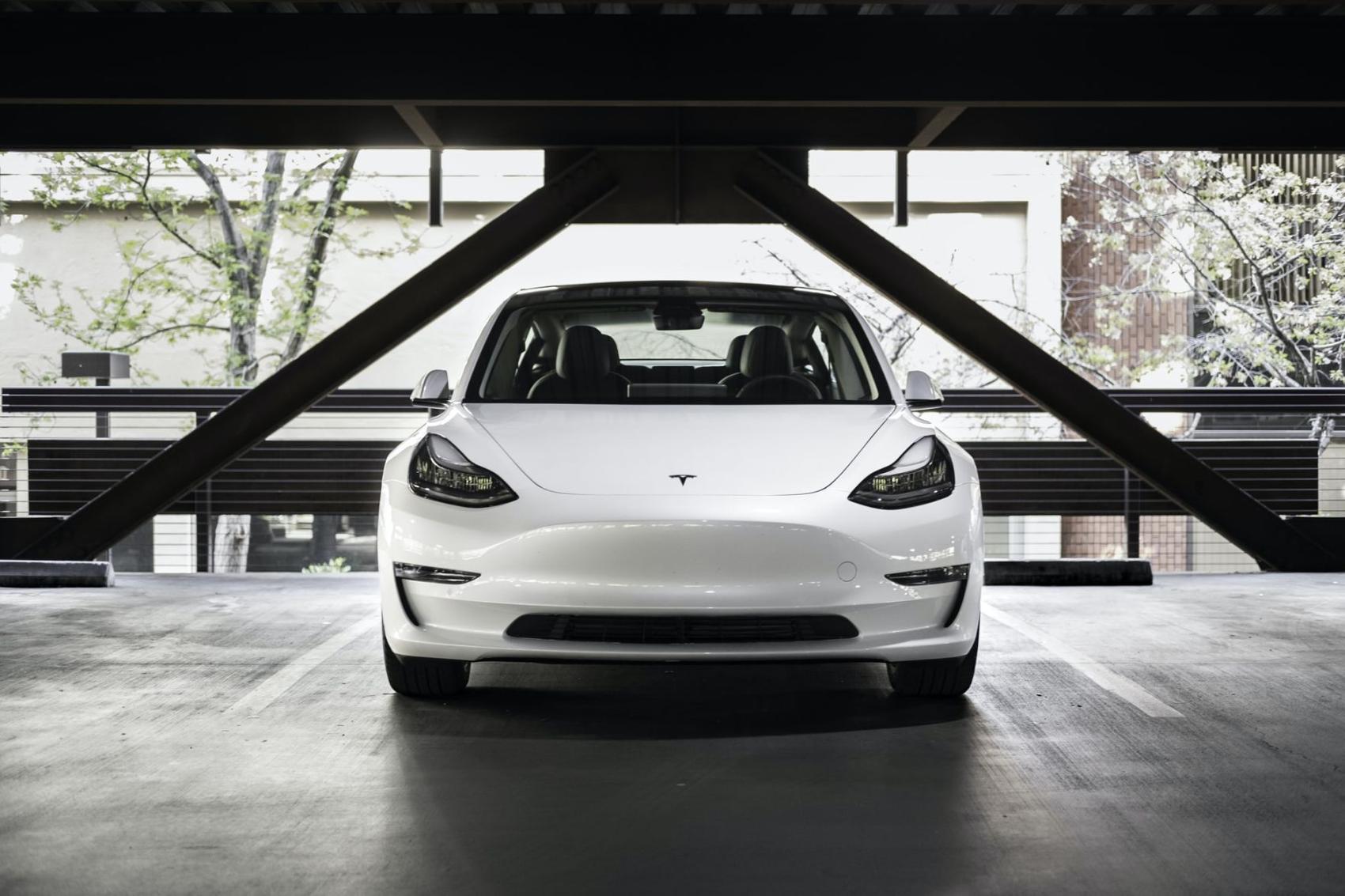ReaD The Full Article On: Breezejmu
Whether one’s a prospective investor or just a passive consumer of the news, there’s no doubt they’ve seen the hype surrounding eccentric billionaire Elon Musk’s electric car company, Tesla. However, anything with this much hype surrounding it is worth a second look to determine if there’s any substance to the claims.
The question may arise: “Is Tesla just a short-term novelty, or will it inevitably fail when other auto companies try to jump into the electric car market?”
Where Tesla’s going
With all of the uncertainty surrounding Tesla in mind, optimists still have high hopes that the company can skyrocket again like it did to start 2020.
Tesla has invested heavily into vertical integration, or the ability to create all of the necessary components for its products itself, which decreases reliance on third parties and reduces costs of production over time. The primary opponent to Tesla’s success seems to be not demand — as previously proposed by investors, according to Business Insider — but production and delivery. In 2018, Tesla created 10,000 Model 3s but still had about 500,000 pre-orders left to fulfill.
The company has preempted the expansion of foreign electric car markets by building a functioning “Gigafactory” in China, where it’s expected to receive the most competition, according to Greentech Media. With the Chinese government planning on cutting subsidies for electric vehicles in 2020, according to Bloomberg, Tesla is likely to surge ahead as Chinese companies scramble to make up for lost streams of cash support. Tesla has also planned another factory in Berlin, Germany, the largest car market in Europe and the doorstep of competitors Volkswagen and Audi.TSLA Quotes by TradingView
The American car manufacturer appears to have a much sounder production process than its competitors mainly due to an advantage in production experience, and as a result, it “produces more batteries in terms of kWh (kilowatt-hours, a measure of energy) than all other carmakers combined,” according to Tesla’s website.
Production in 2019 was exceptional compared to previous years, as the automaker is set to produce well over 90,000 cars a quarter, up 20% from last year and beating its own projections, and matched it with 346,000 new cars sales on top of this to show demand is keeping up as well.
Electric cars are starting to become less of a bougie bragging piece and more of a legitimate vehicle option, as proved by the sales of the Model 3, which allowed Tesla to become the No. 1 selling luxury car brand in the U.S. in 2019, beating industry mainstays like the BMW i series. Of the 790,000 Tesla’s sold, 45% of them have been the cheapest option, the Model 3, despite its being in production for less than a year.
Tesla has further solidified its place in the luxury car standings with a stellar showing during the Q1 of 2020. Yahoo Finance reported that Q1 failure was more than the common denominator in the U.S. auto industry, with deliveries down an average of 29% opposed to Tesla’s increase of 40%. Companies like Volkswagen of America saw sales slide 42% in March alone, according to Business Insider.
This directly contrasts with the success Tesla demonstrated in Q1, with its deliveries reaching a penultimate best at 88,400 cars — easily topping estimates of 79,900 — and production amassing at 103,000 cars, according to CNBC. The perceived victory prompted the company to officially proclaim that this was its “best ever first-quarter performance,” even in the wake of the coronavirus epidemic that’s spurred massive job loss and plummeted consumer confidence.
Tesla’s new competition in the electric vehicle market has largely fallen flat in sales, performance and price. In February 2019, almost 75% of all-electric vehicles sold were Tesla. In all of 2019, The Tesla Model 3 and Model X were the first- and third-best-selling electric/hybrid cars, with the Model 3 selling more than the second-best all-electric vehicle, Chevrolet’s Volt, by well over 100,000 cars.
Performance-wise, no electric vehicle on the market can boast anything close to Tesla’s battery size (100 kWh or kilowatt-hours), 0-60 mph acceleration — the Model 3 Standard Range model has a 5.3 0-60 versus the Audi e-Tron’s 5.5 despite the Model 3 being $30,000 cheaper — or top speed (140-160 range compared to 80-110 range for all other brands.)
The standard for EPA range — how far the car can be driven on all-electric mode before sputtering to a halt — has been set by Tesla, with the lowest mileage one can reach on one charge being 305 miles on the Model X performance version. The Audi e-Tron is the only electric vehicle of comparable price and performance and has an EPA range of 205 miles.
In conclusion, the words of investment analyst Gene Munster reveal Tesla’s situation quite clearly. In an interview on April 3, he described Tesla as “crushing the auto industry” because, quite plainly, “they have a product that is measurably better than both gas and electric competitors.”
Tesla, while garnering well-deserved scrutiny over past behavior and performance, has proven itself throughout 2019 and early 2020 to be the outright leader of the electric vehicle market, and it’s not likely to lose its position in the near future due to its expansionary production tactics.

